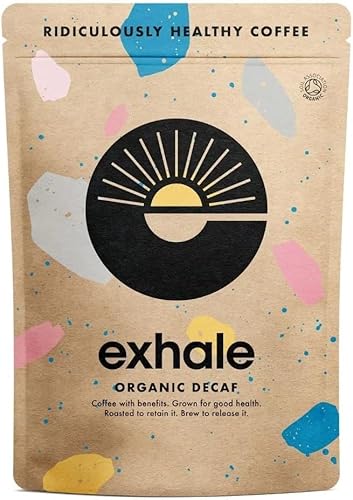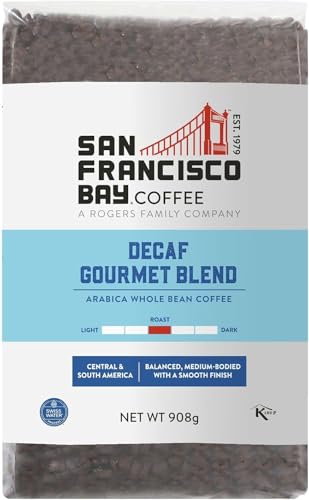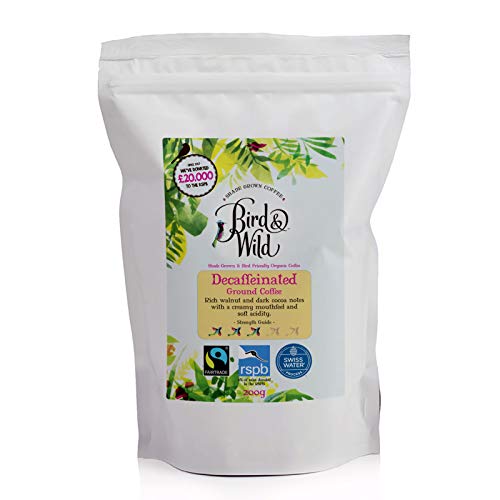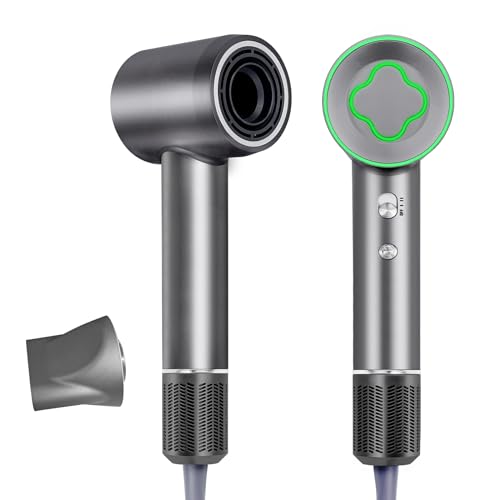What is Organic Decaffeinated Coffee and Why Choose It?
Understanding Organic Decaffeinated Coffee
Organic decaffeinated coffee is made from beans that are grown without the use of synthetic fertilisers or pesticides. The decaffeination process removes most of the caffeine while maintaining the natural flavours of the coffee. We choose organic options as they not only contribute to a healthier lifestyle but also support environmentally friendly farming practices.
Why Opt for Organic?
Choosing organic decaffeinated coffee means we’re opting for a product that is more sustainable and may be better for our health. Farms that produce organic coffee often focus on preserving biodiversity. This choice not only benefits our bodies but also supports the overall ecosystem.
Key Benefits of Drinking Organic Decaffeinated Coffee
Reduced Caffeine Intake
One of the main advantages of organic decaffeinated coffee is its low caffeine content. This allows us to enjoy the rich flavours of coffee without the jittery effects associated with caffeine. Ideal for those who are sensitive to caffeine or those who prefer to limit their intake, organic decaf offers a satisfying alternative.
Rich in Antioxidants
Organic decaffeinated coffee still contains high levels of antioxidants, which help neutralise harmful free radicals in our body. This means that even without the caffeine, we can still benefit from potential protective effects against certain diseases.
Enhanced Flavour Profile
Many people perceive organic decaffeinated coffee to have a more pronounced flavour compared to traditional decaf options. This is due to the careful and natural methods used in processing. So, if we appreciate a full-bodied coffee without the caffeine high, organic decaf is a perfect choice.
How to Brew the Perfect Cup of Organic Decaffeinated Coffee
Selecting the Right Grind
The grind of our coffee beans can significantly affect the taste. For organic decaffeinated coffee, we recommend starting with a medium grind, as this lets the natural flavours fully express during brewing.
Brewing Methods to Consider
Whether we prefer a French press, pour over, or drip coffee maker, the brewing method should correspond to our taste preferences. For instance, a French press allows more oils to extract from the coffee, giving a richer texture. When using a drip coffee maker, always ensure the water is at an optimal temperature of around 90-95 degrees Celsius to bring out the best flavours.
Water Quality Matters
Never underestimate the importance of water quality. Using filtered or bottled water can drastically improve the taste of our brewed coffee, especially for organic decaf where nuances in flavour are crucial.
Top Brands of Organic Decaffeinated Coffee We Recommend
Specialty Brands to Explore
While shopping for organic decaf, we suggest exploring brands like Volcanica Coffee and Kicking Horse. They offer a variety of organic decaffeinated options that cater to different taste preferences, ensuring that everyone can find a brew they enjoy.
Local Roasters to Consider
Don’t forget to check out local coffee roasters as they might have their own selections of organic decaffeinated coffee. Often, these small roasters source high-quality beans and have unique flavour profiles we might not find in larger brands.
Tips for Storing Organic Decaffeinated Coffee for Freshness
Choosing the Right Container
To maintain freshness, store organic decaffeinated coffee in an airtight container. This prevents exposure to air, moisture, and light, all of which can compromise the flavour.
Ideal Storage Conditions
Place the container in a cool, dark spot in our kitchen, away from direct sunlight and heat sources, like the stove. This helps preserve the coffee’s quality for a longer period. Remember to keep the coffee beans whole until just before use to maximise freshness.






























